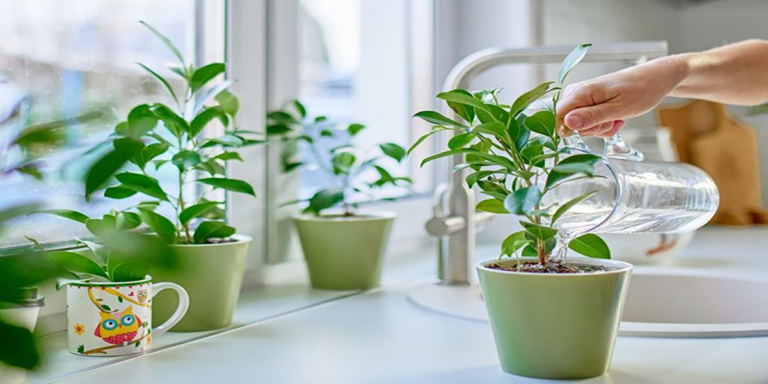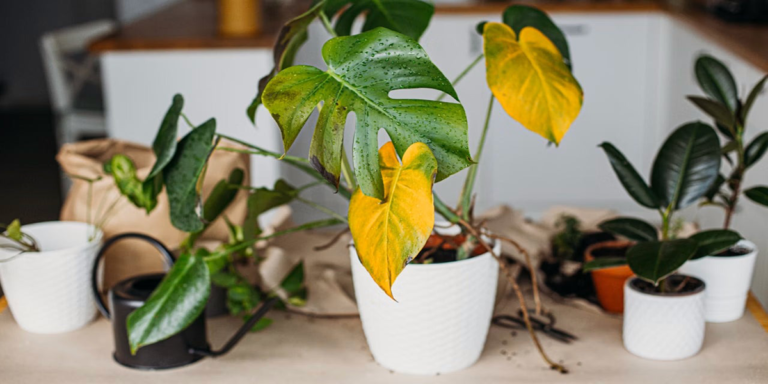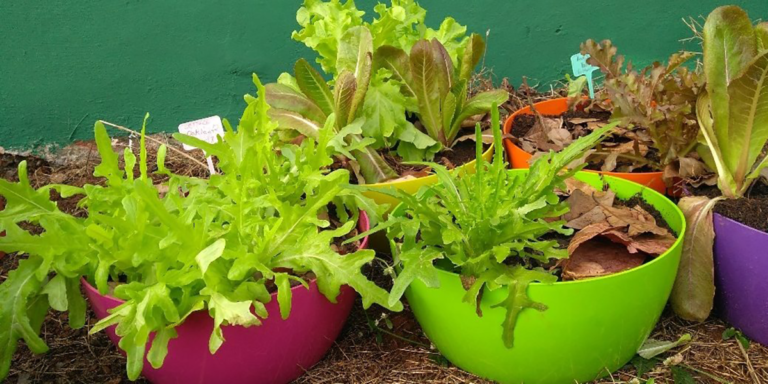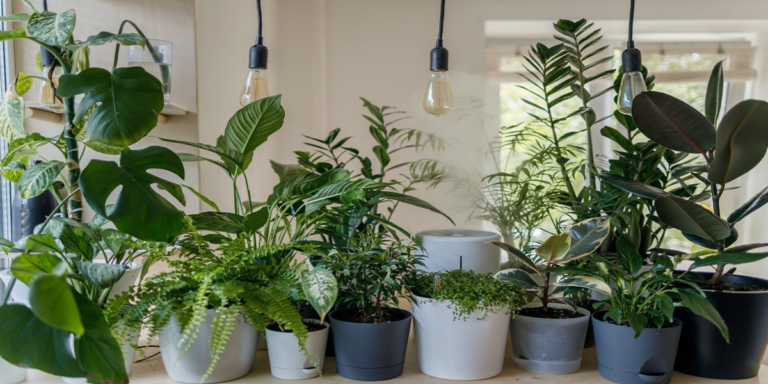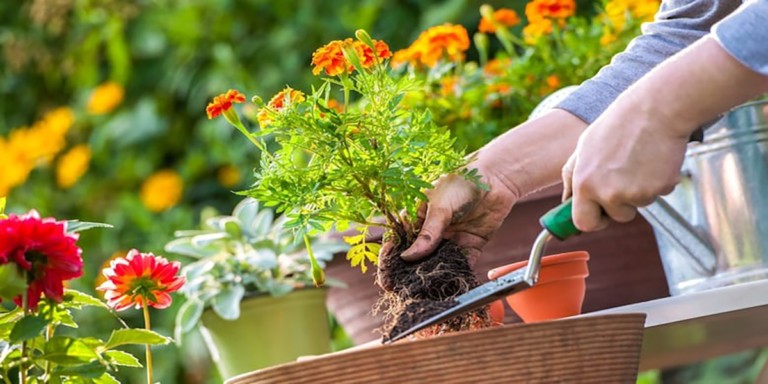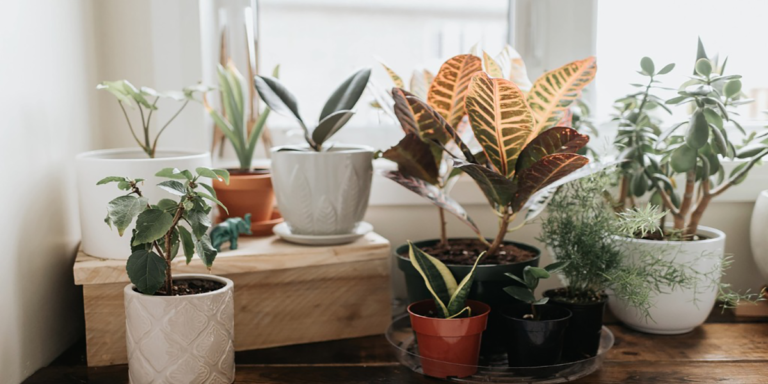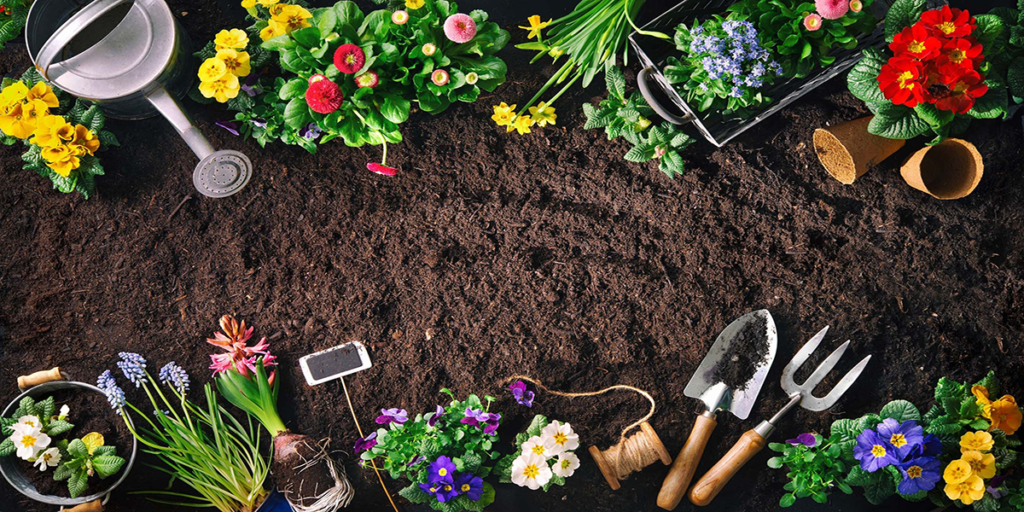
The Healing Power of Gardening and Nature Connection: Plant, Grow, Connect with Nature
In an age of constant screens, fast-paced living, and concrete jungles, many people feel a growing desire to reconnect with nature. One of the simplest and most fulfilling ways to satisfy this longing is through gardening. Far beyond being a hobby or a way to beautify your space, gardening can profoundly deepen your relationship with the natural world—and in turn, enrich your sense of well-being and balance.
- Gardening Slows You Down
Modern life rarely allows time for stillness. Gardening invites you to pause and observe, to dig into the soil, and to become mindful of the moment. As you care for your plants—watering, pruning, and watching them grow—you begin to move at nature’s pace. This slower rhythm fosters patience and presence, helping you reconnect with natural cycles that are often ignored in busy daily life.
- You Witness Life’s Cycles Firsthand
From planting seeds to seeing flowers bloom or vegetables ripen, gardening puts you face to face with the cycle of life. You see how each stage—birth, growth, decay, and renewal—plays a role in nature’s balance. These small, daily interactions help you appreciate the interdependence of all living things and develop a more intimate understanding of the natural world.
- Hands in Soil, Heart in Nature
There’s something grounding—literally and figuratively—about touching the earth. Studies show that contact with soil can reduce stress and even boost mood by increasing serotonin levels. Gardening encourages physical interaction with nature, whether you’re potting a plant on your balcony or digging in your backyard. That tactile experience creates a direct and comforting connection with the earth.
- A Daily Dose of Discovery
Gardening fosters curiosity and continuous learning. As you observe how plants respond to weather, soil, and care, you develop a deeper awareness of ecosystems and natural processes. You may begin to notice pollinators like bees and butterflies, understand the importance of healthy soil, or observe how one plant supports another. Over time, this attention turns into appreciation—and eventually, into stewardship.
- You Become a Caretaker of the Earth
When you tend a garden, even a small one, you start to see yourself not just as an observer of nature, but as a participant in it. This sense of responsibility often extends beyond your garden plot, inspiring more sustainable choices in your daily life. Gardening transforms you from a consumer of nature to a caretaker, fostering environmental awareness and deeper respect for the planet.
- Gardening Builds Emotional and Spiritual Resilience
Beyond the physical benefits, gardening nurtures emotional health. The peaceful routine of plant care can reduce anxiety, lift depression, and foster a sense of purpose. Many gardeners also describe a spiritual connection to nature—a quiet sense of belonging and harmony that comes from working alongside the natural world rather than against it.
Gardening isn’t just about growing plants—it’s about growing connection. Whether you’re tending herbs on a windowsill or cultivating a full vegetable garden, each interaction brings you closer to the rhythms, beauty, and wisdom of nature. In doing so, gardening offers more than fresh air and flowers; it offers a path back to the earth and a reminder that we, too, are part of nature.
What does gardening mean?
Gardening means the practice of growing and caring for plants, whether it’s flowers, vegetables, herbs, or ornamental greenery. It involves working with soil, sunlight, water, and patience to nurture life and create beauty. Beyond just a hobby, gardening is often seen as a way to relax, connect with nature, and promote well-being.
What is the importance of gardening?
Gardening is important because it promotes physical health, reduces stress, and supports mental well-being. It also contributes to environmental sustainability by enhancing green spaces and supporting pollinators. Additionally, growing your own food encourages healthier eating and self-sufficiency.
What is gardening and its types?
Gardening is the practice of cultivating and maintaining plants for beauty, food, or relaxation. It includes various types such as home gardening, container gardening, vertical gardening, organic gardening, and hydroponic gardening. Each type serves different purposes and fits different spaces, from small balconies to large outdoor landscapes.

